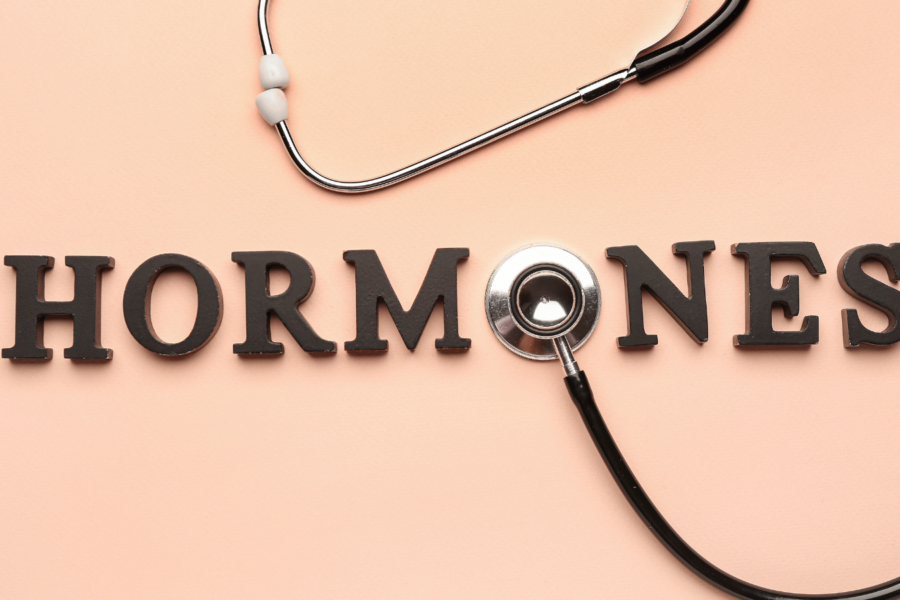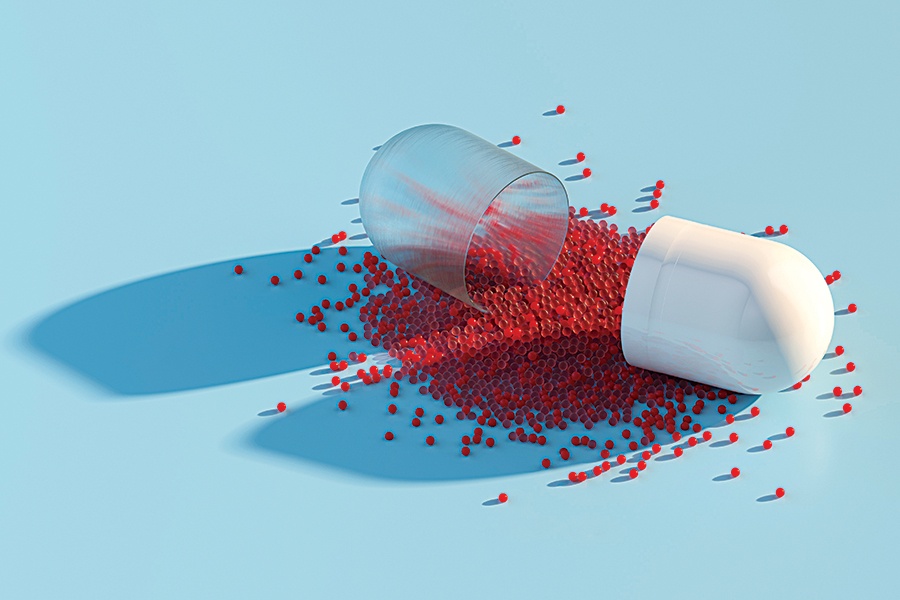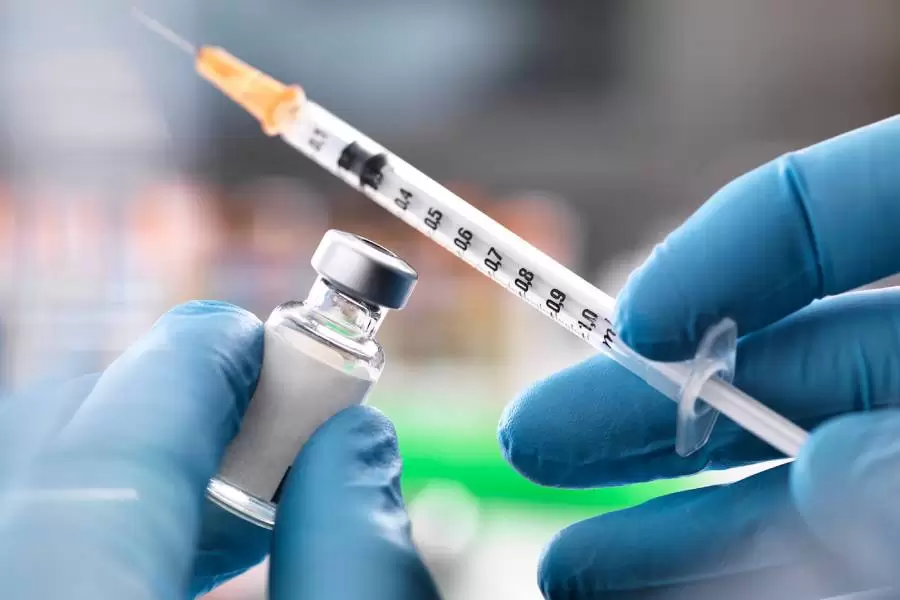Your hormones play a vital role in nearly every aspect of your health, from energy levels to mood to metabolism. And as you move through different phases of life, your body’s hormonal landscape shifts, with specific needs at each stage.
The good news is that your diet can act as a powerful tool to support your hormonal health. By understanding what your body requires during each phase, you can nourish yourself in ways that promote balance, vitality, and well-being.

Puberty: Building a Strong Foundation
Puberty marks the beginning of significant hormonal changes, driven by increasing levels of estrogen, progesterone, and testosterone. During this time, the body is growing rapidly, and proper nutrition is essential.
Focus on:
- Calcium and Vitamin D: These are vital for bone development. Include dairy products, fortified plant-based milk, leafy greens, and sunlight exposure.
- Protein: Support growth with lean meats, eggs, beans, and nuts.
- Omega-3 Fatty Acids: Found in fatty fish, walnuts, and flaxseeds, omega-3s help regulate mood and reduce inflammation.
Menstruation and Reproductive Years
The reproductive years come with monthly hormonal fluctuations, which can sometimes cause discomfort like PMS or irregular cycles. Your diet can help smooth out these shifts.
Focus on:
- Iron: Menstruation leads to iron loss, so replenish it with red meat, spinach, lentils, and fortified cereals.
- Magnesium: Found in dark chocolate, nuts, and avocados, magnesium can ease cramps and support relaxation.
- Complex Carbohydrates: Whole grains, sweet potatoes, and legumes stabilize blood sugar and reduce PMS symptoms.
- Healthy Fats: Avocados, olive oil, and seeds support hormone production and overall balance.
- Stay hydrated and avoid excessive caffeine during menstruation, as it can worsen cramps and mood swings.
Pregnancy
Nourishment becomes especially critical during pregnancy, as your hormones are working overtime to sustain both you and your baby.
Focus on:
- Folate: Found in leafy greens, citrus fruits, and fortified breads, folate is essential for fetal development.
- Iron and Vitamin C: Iron needs increase significantly, and pairing it with vitamin C-rich foods (like oranges or bell peppers) aids absorption.
- Protein: Pregnant bodies require more protein for cell development; aim for lean meats, beans, and Greek yogurt.
- Fiber: Constipation is common during pregnancy, so include plenty of high-fiber foods like oats, lentils, and fresh vegetables.
- Avoid alcohol, limit refined sugars, and ensure adequate hydration to optimize both maternal and fetal health.
Menopause
During menopause, estrogen levels decline, which can lead to symptoms like hot flashes, mood changes, and bone density loss. The right nutrition can ease this transition.
Focus on:
- Calcium and Vitamin D: Bone health becomes a priority, so consume dairy, fortified foods, and fatty fish like salmon.
- Phytoestrogens: Found in soy, flaxseeds, and chickpeas, these plant-based compounds may help reduce menopausal symptoms by mimicking estrogen.
- Healthy Fats: Omega-3s can combat inflammation and help maintain heart health.
- B Vitamins: Found in whole grains and leafy greens, B vitamins support energy and emotional well-being.
- Avoid excessive caffeine and spicy foods, as they can trigger hot flashes, and prioritize hydration to prevent dryness.
Conclusion
By nourishing your body through every hormonal stage, you’re laying the foundation for balance, health, and vitality that will serve you for years to come. Healthy food choices truly are an investment in your well-being.




